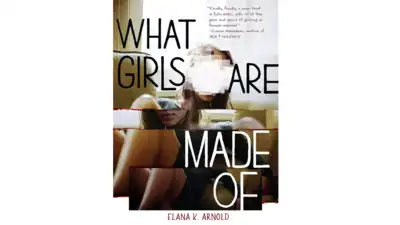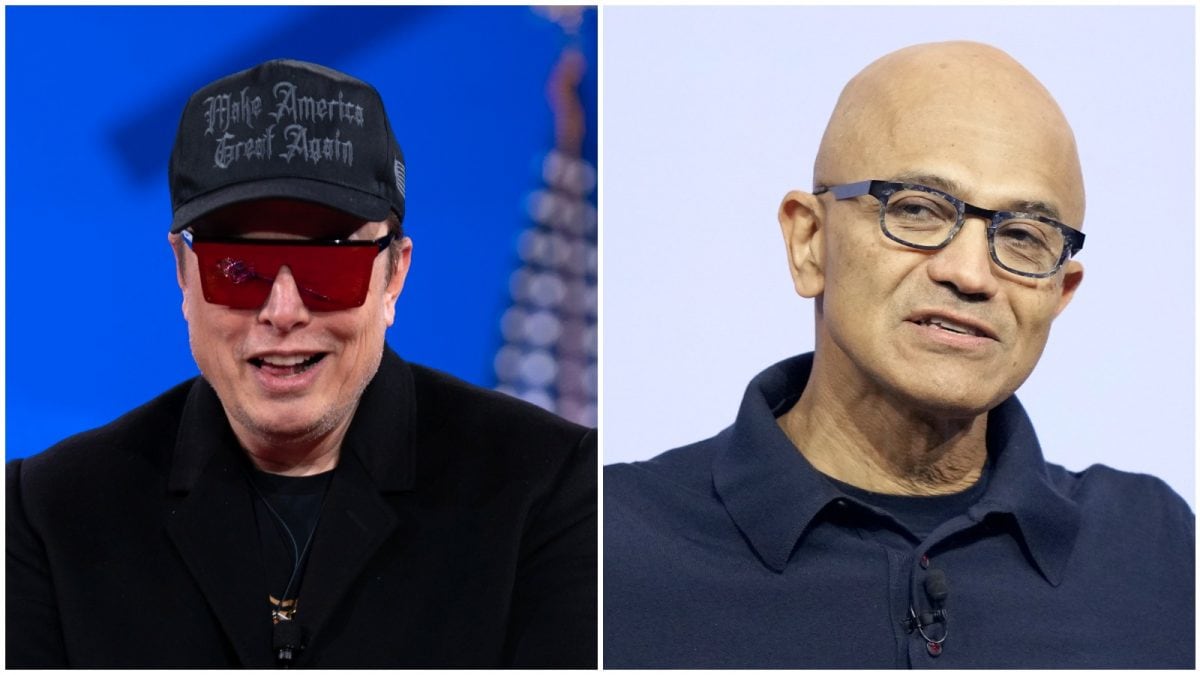ARTICLE AD BOX

Florida, already the epicenter of book censorship in the United States, has entered the new school year with hundreds of titles vanishing from shelves. According to The Guardian, the Republican-dominated state leads the nation in bans, with 4,561 recorded cases spanning 33 school districts this year alone.
The pattern reflects not isolated complaints but a coordinated campaign, one that raises unsettling questions about what students are allowed to read, and what they are being shielded from.
The Hillsborough flashpoint
The latest wave of removals can be traced to a warning issued by Florida’s Board of Education to Hillsborough County in May. As reported by The Guardian, the district was told that if it failed to remove “pornographic” titles, legal action could follow.
The response was swift: More than 600 books pulled, at a cost of $350,000, despite the fact that many had never been formally challenged by parents.Also Read: US education faces turning point as Florida district moves to purge all 'pornographic' books without review Among the titles erased were The Diary of Anne Frank and Elana K. Arnold’s What Girls Are Made Of — works not flagged as inappropriate locally. Parents had already been offered the option to opt out their own children from readings, without affecting classmates. Yet the board demanded a blanket removal.
“This is an ideological campaign to erase LGBTQ+ lives and any honest discussion of sex, stripping libraries of resources and stories,” William Johnson, director of PEN America’s Florida office, told The Guardian.
Fear spreads across districts
The effect has rippled beyond Hillsborough. At least nine surrounding school districts — including Columbia, Escambia, Orange, and Osceola — have quietly preempted potential state backlash by pulling books on their own. In Escambia County alone, 400 titles disappeared without review, including Maya Angelou’s I Know Why the Caged Bird Sings and Kurt Vonnegut’s Slaughterhouse-Five. Rachel Doyle, a Hillsborough parent and education blogger, told The Guardian she feels silenced. “I do not want or need a special interest group or a ‘concerned citizen’ opting out for me,” she said. Her frustration reflects a broader concern: That “parental rights” movements are less about empowering families than about narrowing what children can access.
Whose voices are being silenced?
The targets of these bans are telling. As The Guardian notes, books by women, LGBTQ+ authors, and writers of color are disproportionately removed.
Many works under scrutiny either depict marginalized identities or recount difficult chapters of history. Rob Sanders, a children’s author and former Hillsborough educator, summarized the stakes: “If we eliminate every book that tells a story that is different than the life experiences of an individual or a family, there will be no books left in the library.” His words point to the heart of the matter — when diversity is erased from reading lists, students lose the opportunity to engage with perspectives beyond their own.
A national trend, a local cost
Florida’s actions are not occurring in isolation. Since 2021, book bans have surged across the U.S., fueled largely by conservative backlash against teaching race, gender, and sexuality in schools. Yet Florida stands out for its scale and speed. As PEN America described the Hillsborough case in a press release cited by The Guardian, this is “state-driven censorship… a calculated effort to consolidate power through fear.” The implications go beyond politics. Every pulled book reshapes the intellectual environment in which students grow. When narratives of oppression, resilience, or identity vanish from classrooms, so too do the tools students need to navigate an increasingly complex world.
What the bans mean for education
For students, the message is clear: Curiosity is being policed. For educators, the challenge is stark: Teach under the shadow of censorship, or risk consequences.
And for parents, the paradox is sharper still — the “rights” being defended are often at odds with the freedom to decide what their own children can or cannot read. Florida’s escalating bans illuminate a critical question for the education system everywhere: Should classrooms prepare children to encounter difference, or shield them from it? As Sanders reminds us, “the best thing I can do for children is to keep writing books that tell the truth and that celebrate the wonderful diversity in our world.” The lesson, then, extends far beyond Florida. In every library emptied of stories, it is not just shelves that grow bare — it is students’ imaginations, empathy, and democratic literacy that risk being stripped away.TOI Education is on WhatsApp now. Follow us here.



.png)
.png)
.png)
















 4 hours ago
3
4 hours ago
3









 English (US) ·
English (US) ·